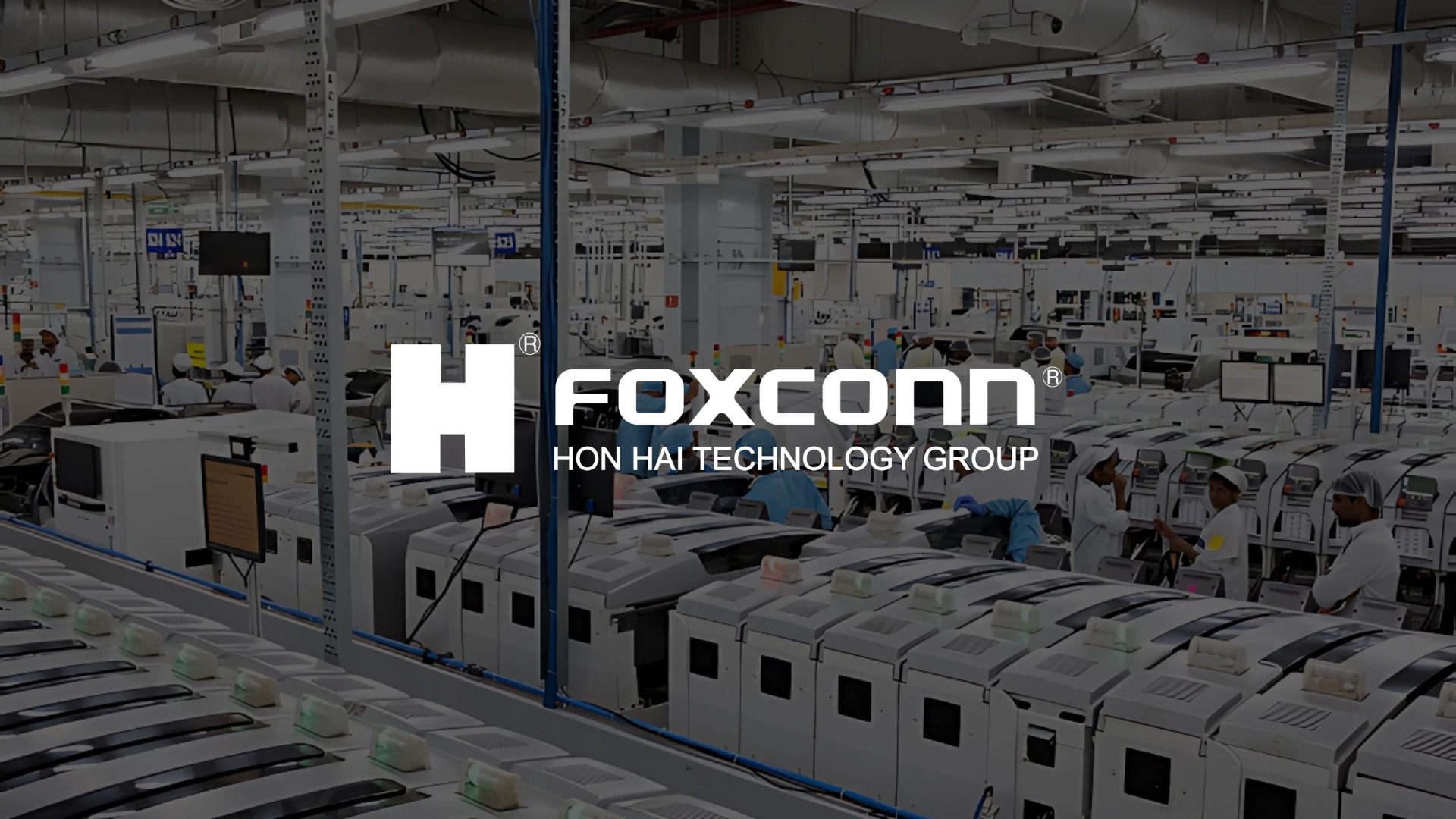A shortage of dysprosium, stemming from China’s export restrictions on rare earth metals, has impacted Apple AirPods production at Foxconn’s Telangana facility, according to sources familiar with the situation. Despite this, the Apple supplier maintains that production remains unaffected. Foxconn Interconnect Technology (FIT), a subsidiary of Hon Hai Technology Group (Foxconn), operates the plant in Kongara Kalan, near Hyderabad.
Foxconn initiated AirPods manufacturing in India in April of the previous year, aligning with Apple’s broader strategy to diversify its production base away from China. These earbuds incorporate rare earth metals like neodymium and dysprosium, the former of which is used as a magnet and sourced from China and other regions.
Sources indicate that Foxconn has brought this supply constraint to the attention of the Telangana government, which subsequently raised the issue with the Department for Promotion of Industry and Internal Trade (DPIIT). Foxconn has requested the state government’s assistance in securing the necessary end-user certificate (EUC), verified and attested by central ministries. This EUC validates the recipient and intended application of the goods, especially critical for items with potential misuse.
According to sources, Foxconn obtained the EUC from the Ministry of External Affairs and the Chinese embassy as part of the process. Subsequently, Foxconn’s supplier submitted the certificate to the Chinese government for approval of dysprosium exports, which is currently pending. The Chinese government’s approval is essential for the supplier to proceed with exporting the rare earth metal.
Apple has not issued any response. Foxconn stated they “have no comment on the issue,” and added, “There is no disruption to production.” In India, Apple relies on Foxconn and Tata Electronics as primary suppliers, with Foxconn being its largest contract manufacturer globally. An industry official noted a previous slowdown in production at the Foxconn AirPods plant, which has since improved. While the metal supply chain is extended, the company is reportedly managing the circumstances. The Foxconn logistics team anticipates approval by the end of the month. They are utilizing existing rare earth metals and dysprosium reserves to extend the product cycle.
In early April, China implemented export controls on seven categories of medium and heavy rare earths. The India Cellular and Electronics Association (ICEA), which includes Apple and Foxconn, had informed the government about the delays and inflated costs resulting from these restrictions. Reports earlier this month indicated that Foxconn had recalled over 300 Chinese engineers from its Indian iPhone manufacturing plants, purportedly at Beijing’s request.
Reuters reported that China issued its initial rare earth mining and smelting quotas for the year on July 18, closely monitoring them as a barometer for the global supply of these 17 elements vital in electric vehicles, wind turbines, robots, and missiles. China remains the world’s leading producer of these minerals. The ministry of commerce has been alerted by automotive manufacturers of the same complaints and have alerted the Indian embassy in Beijing to sort out this issue. Dysprosium is used in laser targeting systems and military communications.
Also Read: Are Indian Startups Ready for the IPO Test








